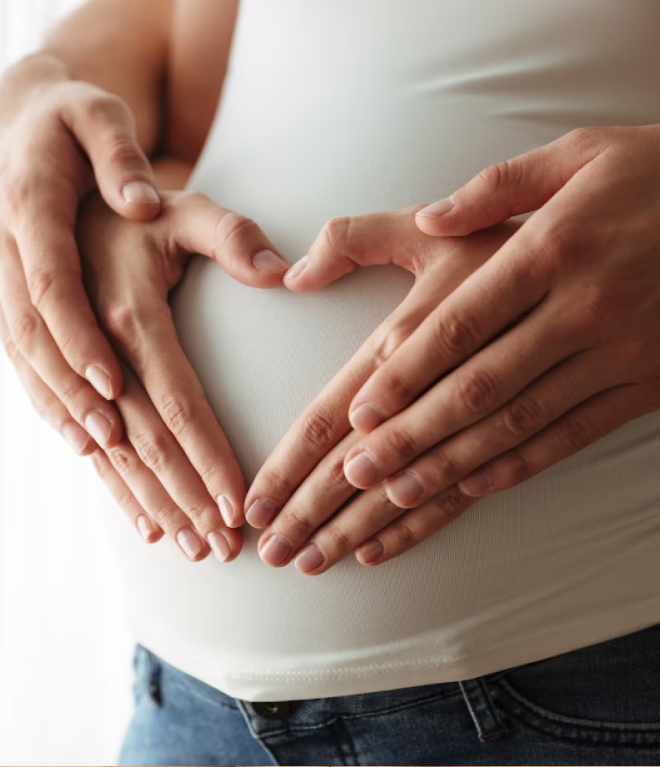IVF Treatment
IVF (In Vitro Fertilization) is a fertility treatment that involves combining an egg with sperm outside the body in a laboratory. The resulting embryo is then transferred back into the uterus with the aim of achieving a successful pregnancy.
The steps involved in IVF treatment typically include the following:
- Ovarian stimulation: The woman undergoes hormonal medication to stimulate the development of multiple eggs within her ovaries.
- Egg retrieval: Once the eggs have matured, they are collected from the woman's ovaries using a minor surgical procedure under sedation. This is usually done using ultrasound guidance.
- Sperm collection: On the day of egg retrieval, the man provides a semen sample, which is processed in the laboratory to isolate healthy and highly motile sperm.
- Fertilization: The eggs and sperm are combined in a controlled environment in the laboratory to allow fertilization to occur. This can be done through traditional IVF, where the sperm is added to the eggs, or through intracytoplasmic sperm injection (ICSI), where a single sperm is directly injected into each mature egg.
- Embryo development: The fertilized eggs, now called embryos, are cultured in the laboratory for a few days to allow them to develop further.
- Embryo transfer: One or more embryos are selected and transferred into the woman's uterus using a thin catheter. This procedure is usually painless and does not require anesthesia.
- Pregnancy test: After a couple of weeks, a pregnancy test is conducted to determine if the IVF treatment was successful.
Suitability for IVF treatment depends on various factors, including:
- Blocked or damaged fallopian tubes: IVF bypasses the need for fallopian tubes and can help achieve pregnancy in such cases.
- Ovulation disorders: Women with irregular ovulation or hormonal imbalances may benefit from IVF.
- Male factor infertility: IVF can overcome issues related to low sperm count, poor sperm motility, or abnormal sperm shape.
- Unexplained infertility: If the cause of infertility cannot be identified through conventional testing, IVF may be recommended as a treatment option.
The recovery after IVF treatment is generally well-tolerated, and most women can resume their normal activities the following day. However, it's important to note that the hormonal medications used for ovarian stimulation can cause side effects such as bloating, mild abdominal discomfort, breast tenderness, and mood swings. These symptoms usually subside within a few days. It's advisable to follow the specific instructions given by the healthcare provider and discuss any concerns or questions during the recovery period.
It's important to consult with a fertility specialist who can assess your individual circumstances and provide personalized advice regarding IVF treatment.









